Most of us know that courts decide disputes between two or more people or bodies (such as companies, organisations, or governments). Judges decide how the law applies and whether it has been breached. We take great comfort in knowing that judges must maintain their decisional independence and impartiality from influences external to proceedings in the court.
However, did you know that even governments are required to obey the decisions of the courts? This is an important aspect of the rule of law, under which everyone, including the Government, must obey the law. And that is one reason why the Judicature takes up the whole of Chapter III in our Australian Constitution. This Chapter also establishes the High Court of Australia.
Fact sheets 18 and 19 explore the Australian Constitution and its third key institution of government, the Courts.
Discover:
- Courts roles and Powers: What do courts do?
- Judicial independence.
- That courts decide disputes between two or more people or bodies (such as Companies, organisations, or governments) about how the law applies and whether it has been breached
- The High Court can determine whether an Act passed by the Commonwealth Parliament is valid.
- The High Court can hear appeals from both State and Federal courts
- For courts to exercise their powers in a judicial way (fairly and without bias), they need to be independent
Courts are integral to maintaining our constitutional express rights, implied rights, and freedoms. In the popular 1997 fictional film The Castle, a family successfully challenged, in the High Court, the compulsory acquisition of their home. Section 51 (xxxi) of our Constitution (which requires compulsory acquisitions of property under Commonwealth laws to be on just terms) became contemporary and alive!




